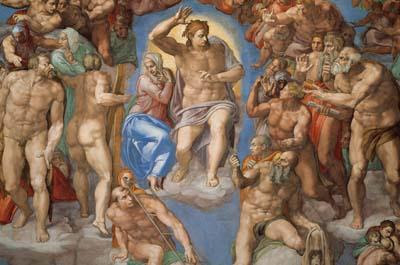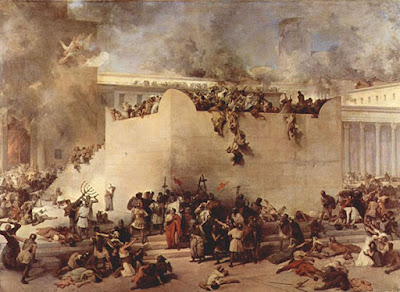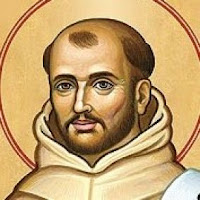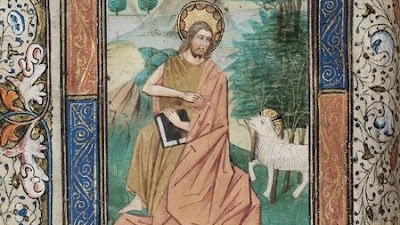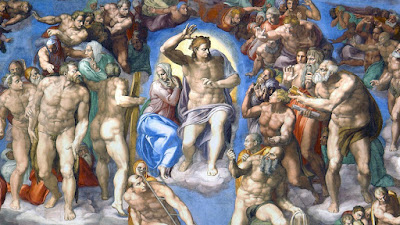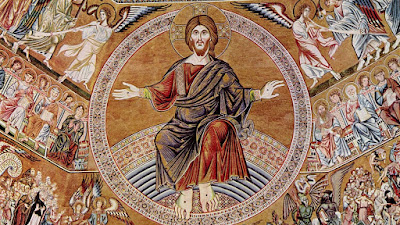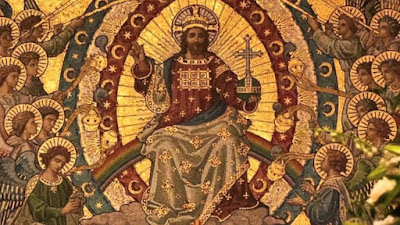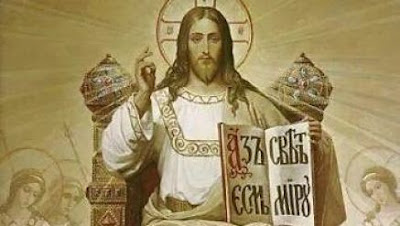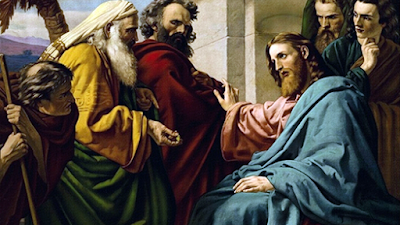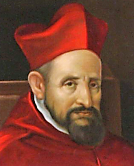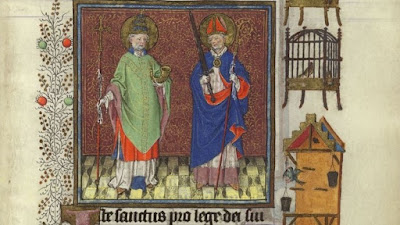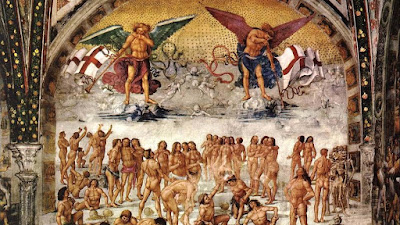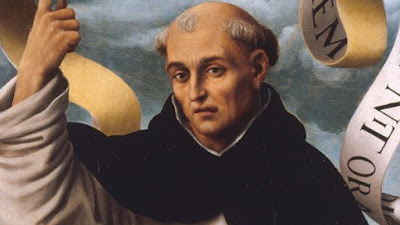Homily for the 33rd Sunday in Ordinary Time, November 15, 2020, Year A
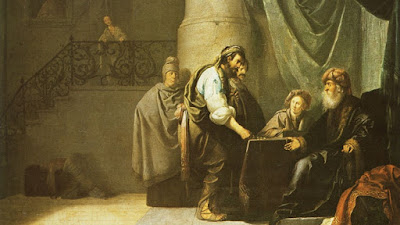
Fr. Charles Irvin Senior Priest Diocese of Lansing ( Click here for today’s readings ) The gospel accounts of last weekend, this weekend and next weekend are all taken from the 24th and 25th chapters of St. Matthew. The teachings presented in them by Christ are his last ones before he was to enter into Jerusalem and there be put to death. They are his final testament to his disciples, intended to guide them and us in the “already but not yet” time, that time between his presence here on earth and his Second Coming at the end of the world. These final teachings are therefore of great importance. And, when you plumb them to their depths, they are challenging – even menacing. Last week’s parable told us about the five wise and the five foolish virgins. The foolish ones did not look ahead and make provision for the coming of the bridegroom. They were guilty of the sin of presumption – presuming that in their lack of oil for their lamps the wise ones would provide for them.
